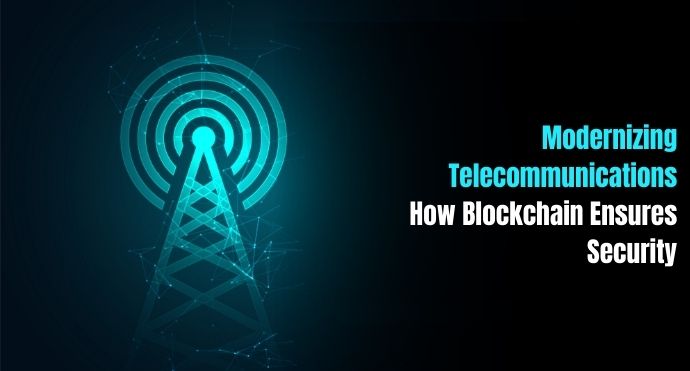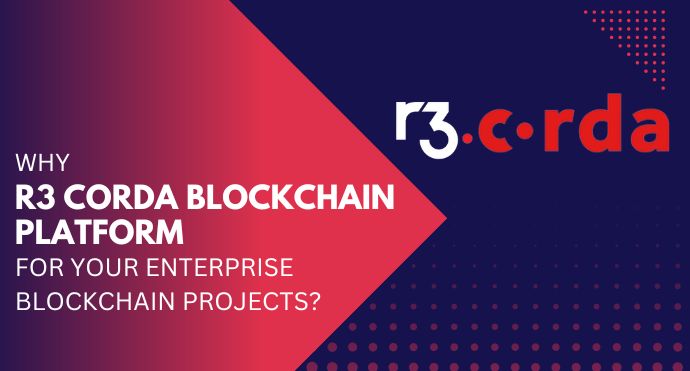The telecommunications landscape is in a perpetual state of evolution, and among the recent disruptive innovations, blockchain technology stands out as a game-changer. With its array of advantages, blockchain holds the potential to reshape the operational framework of telecommunications companies. Among the foremost benefits are heightened security and privacy, improved identity management, streamlined billing and settlement processes, and the establishment of decentralized networks.
Elevated Security and Privacy
Blockchain, a transparent and tamper-proof ledger, emerges as an optimal choice for safeguarding sensitive data such as customer records and financial transactions. This attribute serves as a powerful defense against cyberattacks and data breaches. Research conducted by Juniper revealed that the adoption of blockchain in the telecommunications industry could lead to potential savings of $19 billion by 2023. This remarkable reduction in fraud and security improvements positions blockchain as a formidable guardian of telecommunications operations.
Advancements in Identity Management
The capability of blockchain to establish self-sovereign identities empowers individuals with control over their personal data. This innovative approach substantially mitigates the risks associated with identity theft and fraudulent activities within the telecommunications sector. A noteworthy example is Telefonica, a leading telecom company that harnesses blockchain technology to create a self-sovereign identity system for its Spanish clientele. By entrusting individuals with the governance of their data, blockchain is fostering an environment of heightened security and trust.
Efficient Billing and Settlement
Blockchain’s potential to automate billing and settlement processes offers telecommunications companies a swift and cost-effective alternative. The impact is particularly significant in scenarios like international roaming, which traditionally involves convoluted and inefficient procedures. An example of this transformation is Vodafone, which employs blockchain to streamline its international roaming billing process. This shift toward automation not only reduces operational complexities but also optimizes resource allocation, thereby enhancing overall efficiency.
Pioneering Decentralization
The decentralized nature of blockchain technology eliminates the dominance of any single entity, paving the way for enhanced transparency and trust. AT&T, a prominent telecom player, is at the forefront of utilizing blockchain to establish decentralized networks for data sharing with partners. By leveraging this technology, the company is nurturing an ecosystem where collaborative efforts are underpinned by transparency and mutual reliance.
Current State and Future Outlook
As of 2022, the global blockchain in the telecommunications market held a valuation of $1.2 billion, a figure projected to surge to an impressive $23.5 billion by 2027. The Asia Pacific region takes the lead in blockchain adoption within telecommunications, followed by North America and Europe. In terms of practical implementation, identity management, billing and settlement, and supply chain management emerge as the most prevalent use cases. Among the trailblazers embracing blockchain technology in telecommunications are major players like Vodafone, AT&T, Telefonica, and Samsung.
Conclusion:
Blockchain technology’s multifaceted advantages are poised to reshape the telecommunications landscape. Enhanced security and privacy, improved identity management, streamlined billing and settlement processes, and the establishment of decentralized networks are driving a wave of transformation. The rapid growth of the global blockchain in the telecommunications market, coupled with real-world applications by industry leaders, underscores the significance of this innovation. As the journey unfolds, telecommunications companies stand to reap the rewards of increased security, efficiency, and trust through the power of blockchain.



